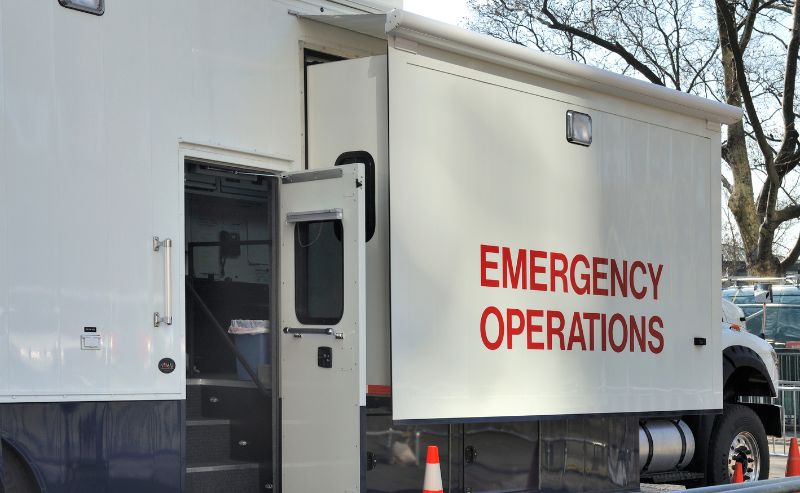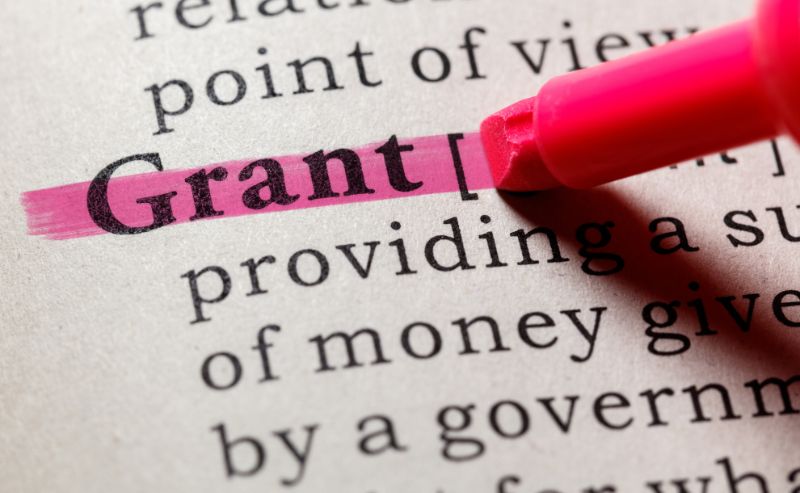Exercise more. It’s a common resolution for those who want to improve their health in the new year. But exercise, though not in the literal sense, is just as important to organizations looking to bolster their preparedness and, ultimately, their resilience in 2023 and beyond. Resilience is best accomplished through regularly exercising emergency operations and/or continuity of operations plans (EOPs/COOPs).
EOP- and COOP-related activities and exercises, as planners know, can be discussion-based or operations-based. Discussion-based ones typically highlight existing plans, policies, mutual aid agreements (if applicable), and procedures and can help familiarize all involved parties with current or expected capabilities. Discussion-based exercises and activities include:
- Seminars: Informal discussions designed to orient participants to new or updated plans, policies, or procedures.
- Workshops: Similar to seminars, but intended to build specific products, such as a plan draft, or to develop a training and/or exercise schedule.
- Games: Informal yet highly beneficial to role-playing, memorization, etc.
- Tabletop exercises: Low-stress exercises where a facilitator guides team members through discussions about their roles and responsibilities in one or more scenarios.
On the other hand, operations-based exercises are characterized by actual response, including the mobilization of apparatus and resources and the commitment of personnel. They are usually conducted over an extended period and often include drills. Such thorough exercises help clarify individual/team roles and responsibilities, identify gaps in the resources needed to implement plans and procedures, and improve an organization’s overall performance in an emergency or disruption.
The two most common forms of operations-based exercises are:
- Functional exercises: Allow personnel to validate plans and organizational readiness by performing their duties in a simulated operational environment.
- Full-scale exercises: High-stress exercises that involve real-time operations movement of personnel and resources to validate plans, policies, and procedures.
As for the frequency of conducting either (or both) discussion- and operations-based exercises, once per year is the norm. Two times each year is ideal. After all, a real-life emergency, such as a natural disaster, blackout, or cyberattack, is no time to discover a plan’s information is out of date or missing altogether.
Short on the time and resources needed to develop or hone your organization’s EOP and/or COOP or to facilitate plan-related exercises or activities? Let BOLDplanning, a division of Agility, be your organization’s personal trainer (of sorts) going forward.
Our skilled and experienced team will get, and more importantly, keep your organization in tip-top shape through preparedness exercise programs that align with FEMA’s Homeland Security and Evaluation Program (HSEEP) methodology. To learn more now, email info@BOLDplanning.com or call 615.469.5558.
On behalf of everyone at BOLDplanning, Happy New Year! And here’s to keeping this one critical preparedness and resilience resolution!






